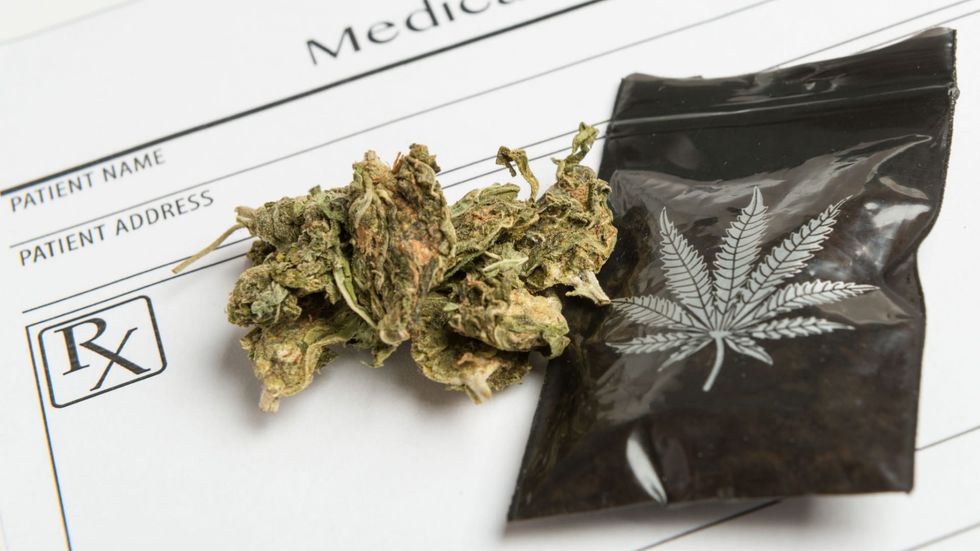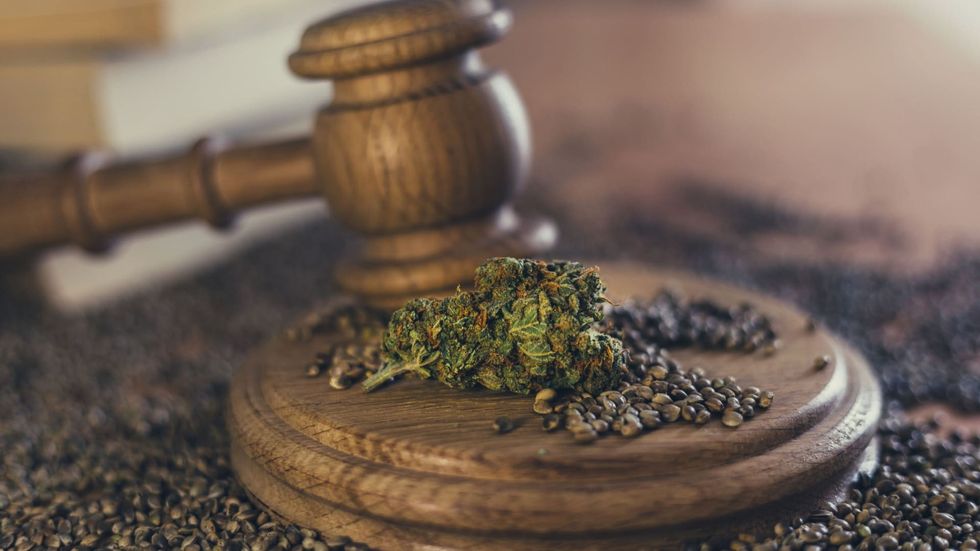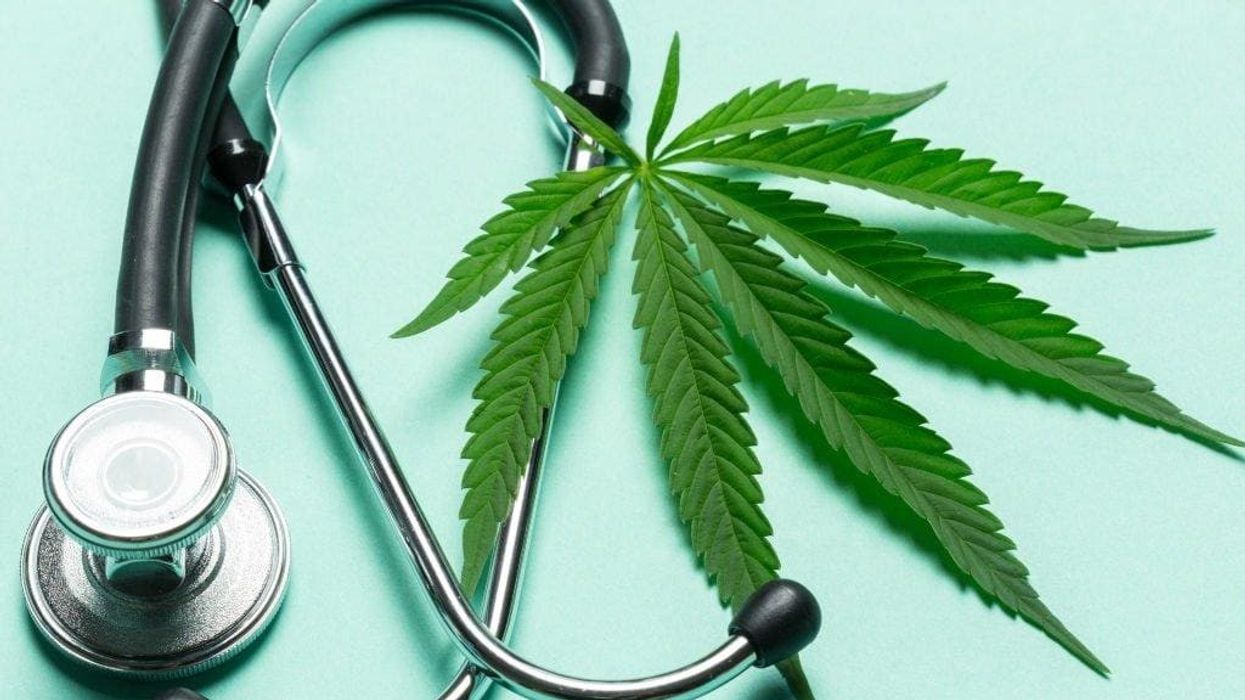Delaware and Hawaii are poised to become the latest states to legalize recreational cannabis after both the Delaware House and Hawaii Senate approved bills to legalize the drug. The measures will allow adults aged 21 and over to possess, consume, and cultivate marijuana for personal use. The bills also establish a regulatory framework for the commercial cultivation, distribution, and sale of cannabis products, which is expected to generate significant tax revenue for both states.
In Delaware, the bill passed the House by a vote of 24-16, with lawmakers citing the need to end the "failed policy" of cannabis prohibition and address the racial disparities in drug enforcement. The measure now heads to the Senate, where it is expected to pass with broad support. Meanwhile, in Hawaii, the Senate approved the bill by a vote of 20-5, with lawmakers saying it was time to "bring Hawaii's cannabis industry out of the shadows and into the light."
The legalization efforts in Delaware and Hawaii come amid a broader shift in public opinion towards cannabis, with more than two-thirds of Americans now supporting legalization, according to recent polls.
However, not all states are embracing the trend. In Oklahoma, voters rejected a ballot measure to legalize recreational cannabis in a referendum held on Tuesday. The measure, which would have allowed adults to possess up to one ounce of cannabis and grow up to six plants at home, was defeated by a margin of 54% to 46%.
Proponents of legalization in Oklahoma argued that it would generate much-needed tax revenue for the state and reduce the burden on law enforcement. However, opponents expressed concerns about the potential for increased drug use among young people and the lack of regulation in the proposed system. Despite the defeat, advocates for cannabis reform say they are committed to continuing the fight for legalization in Oklahoma and other states where it remains illegal.
Oklahoma does have a vibrant medical cannabis industry which has experienced significant growth since the state legalized medical cannabis in 2018. According to the Oklahoma Medical Marijuana Authority, there are currently over 380,000 registered patients and more than 8,000 licensed businesses operating within the industry. The industry has generated over $1 billion in sales since its inception and has created thousands of jobs throughout the state.
The Oklahoma medical cannabis program is known for its relatively relaxed regulations compared to other states. The program allows doctors to recommend medical cannabis for any condition they deem appropriate and does not limit the number of dispensaries that can operate in the state. This has led to a highly competitive market, with prices for medical cannabis products remaining relatively low compared to other states.
However, the growth of the industry has also led to concerns about the lack of oversight and regulation. Critics argue that the program's relaxed regulations have allowed for the proliferation of "card mills," which are doctors that prescribe medical cannabis without proper evaluation or documentation. Additionally, there have been concerns about the quality and safety of cannabis products sold in the state, with some reports of products being contaminated with pesticides or other harmful substances.
Overall, Oklahoma's medical cannabis industry has experienced rapid growth since its legalization, but has also faced criticism for its lack of oversight and regulation. The rejection of the ballot measure to legalize recreational cannabis means that the industry will continue to operate under the current regulatory framework, which may undergo additional changes and improvements as the industry continues to evolve.
In summary, Delaware and Hawaii are joining the growing list of states that have legalized recreational cannabis, while Oklahoma has rejected a ballot measure to do the same. The trend towards legalization is likely to continue as more states look to tap into the potential tax revenue from the cannabis industry and address the racial disparities in drug enforcement
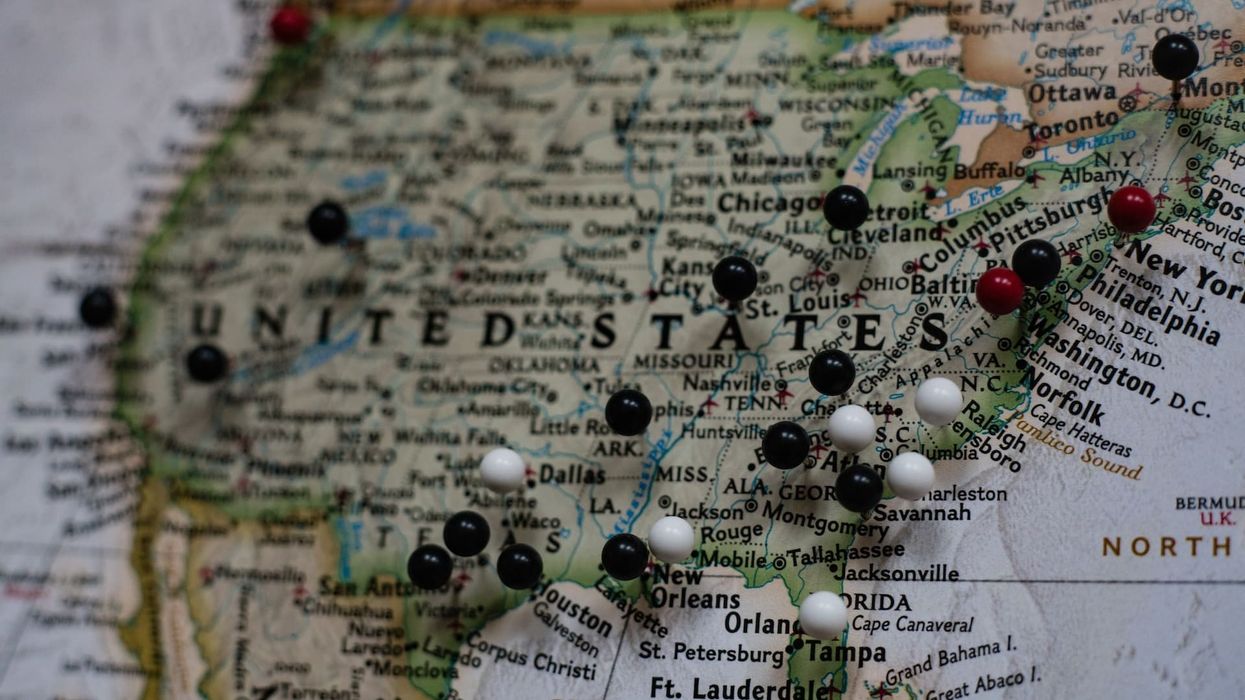






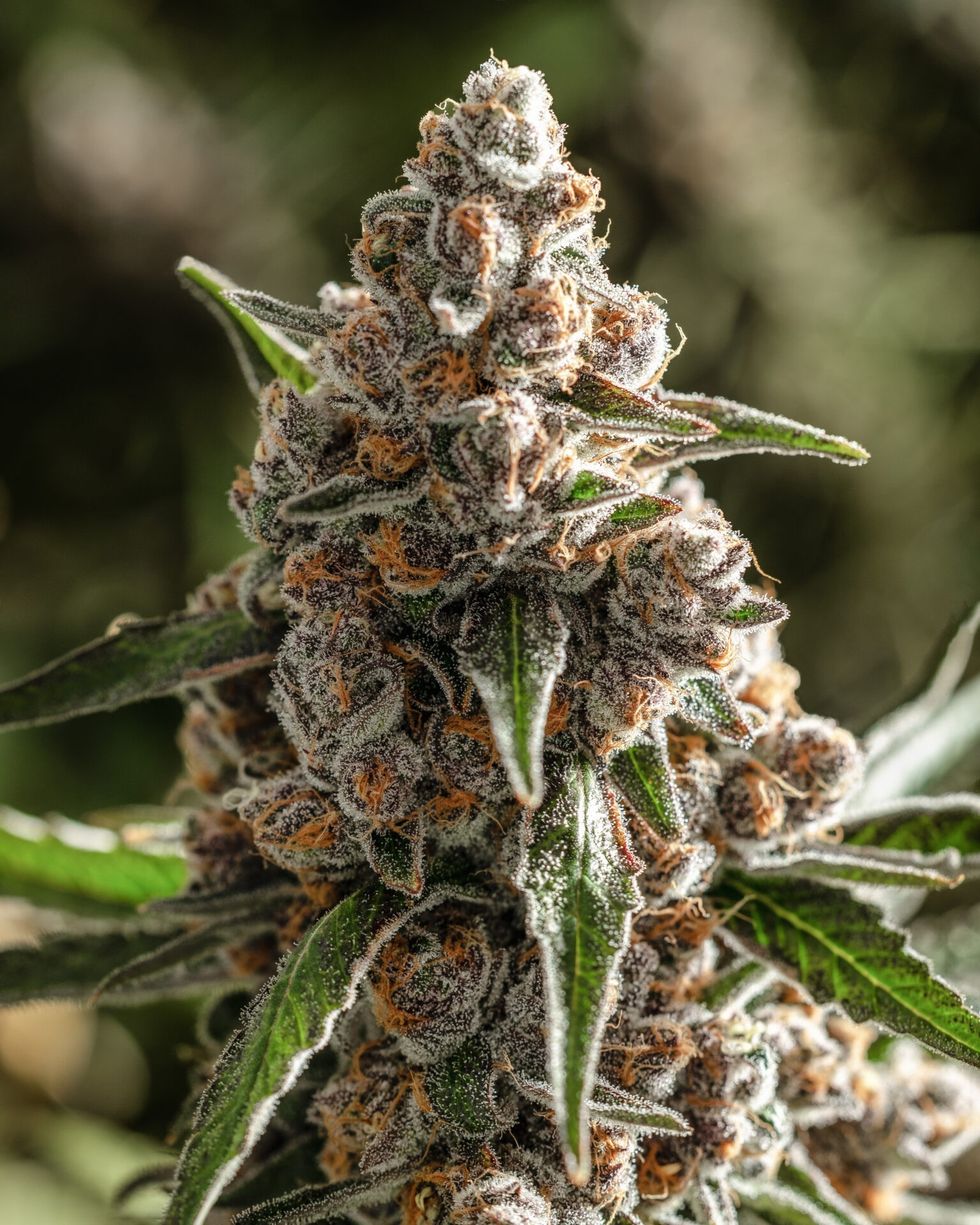 Super Boof Strain: 2024 Strain of the Year - The Bluntness
Super Boof Strain: 2024 Strain of the Year - The Bluntness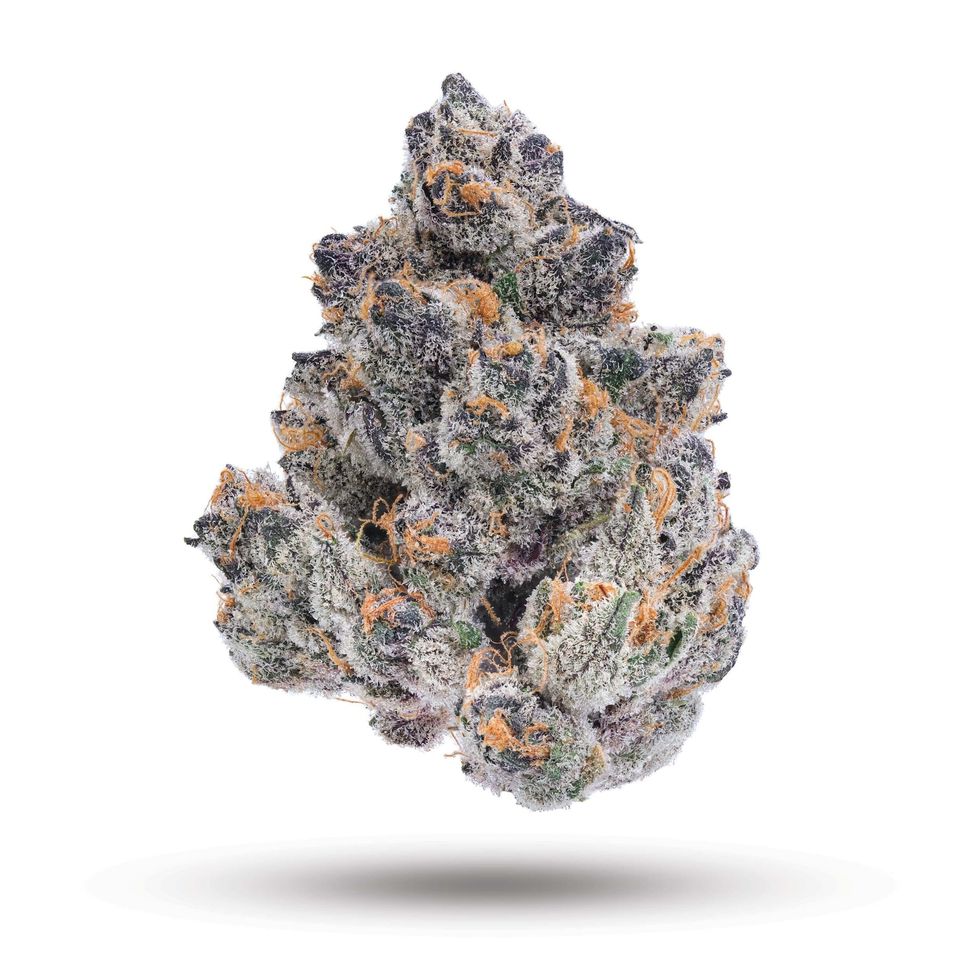 Super Boof Strain: 2024 Strain of the Year - The Bluntness
Super Boof Strain: 2024 Strain of the Year - The Bluntness

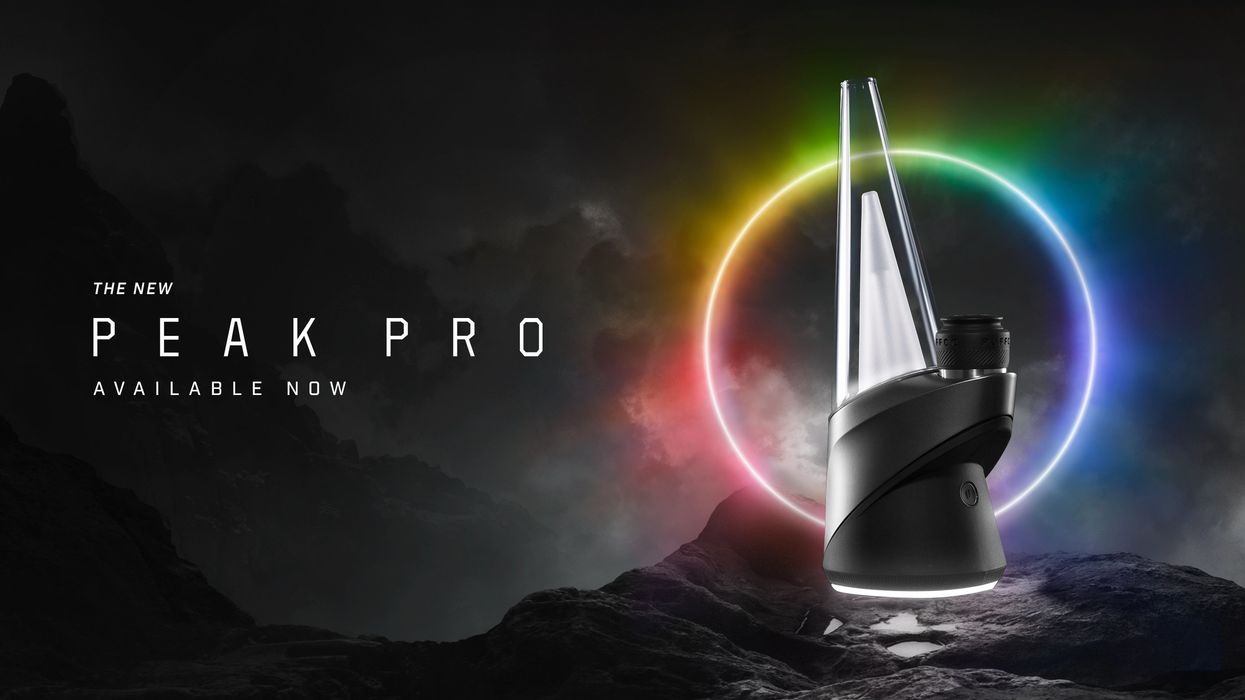



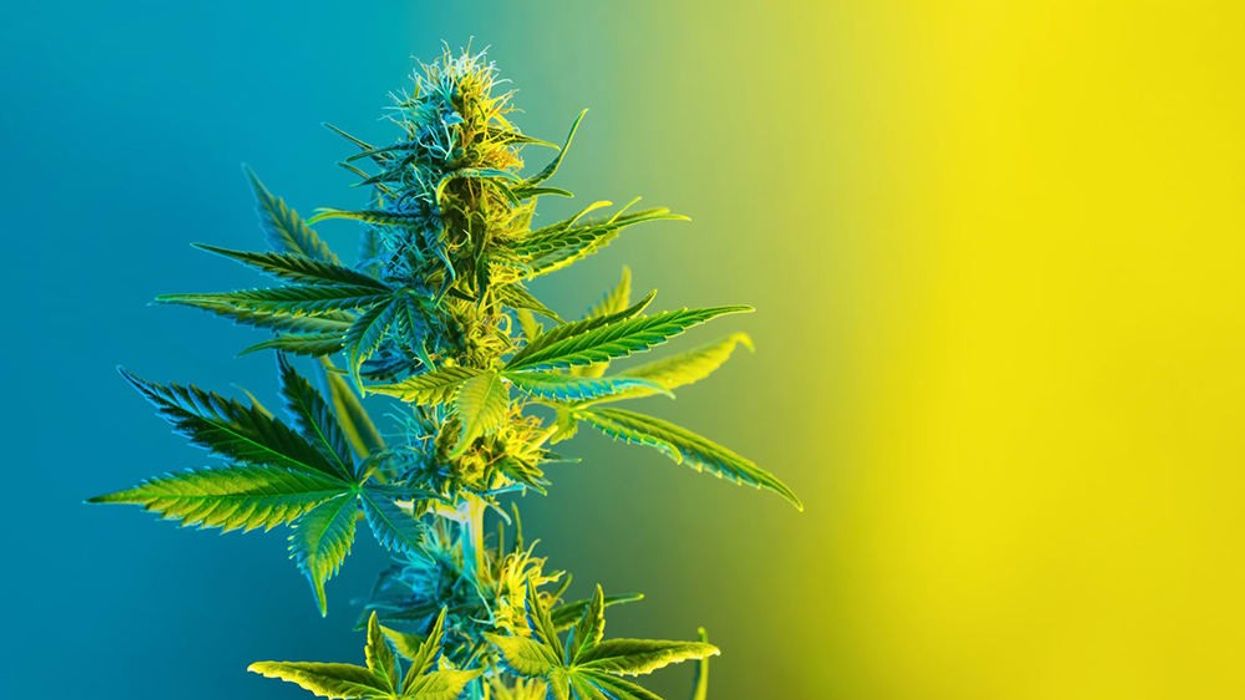
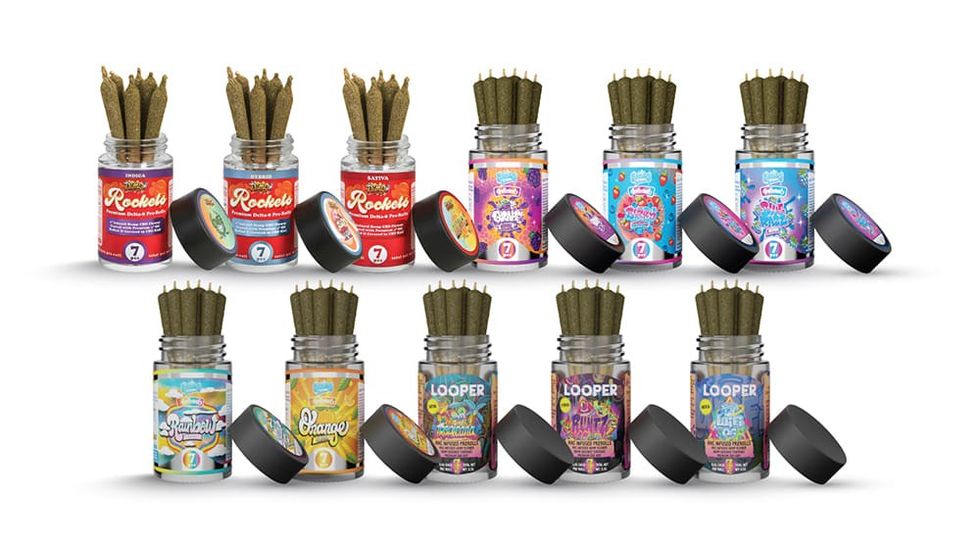
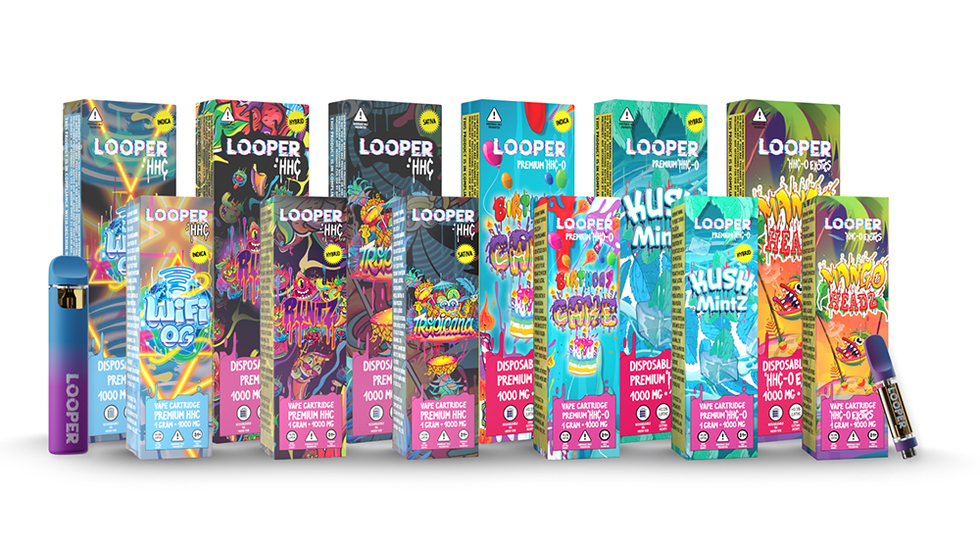


 The Truth About THC Candle: Cannabis Candles & How to Make Your Own - The Bluntness
Photo by
The Truth About THC Candle: Cannabis Candles & How to Make Your Own - The Bluntness
Photo by 
